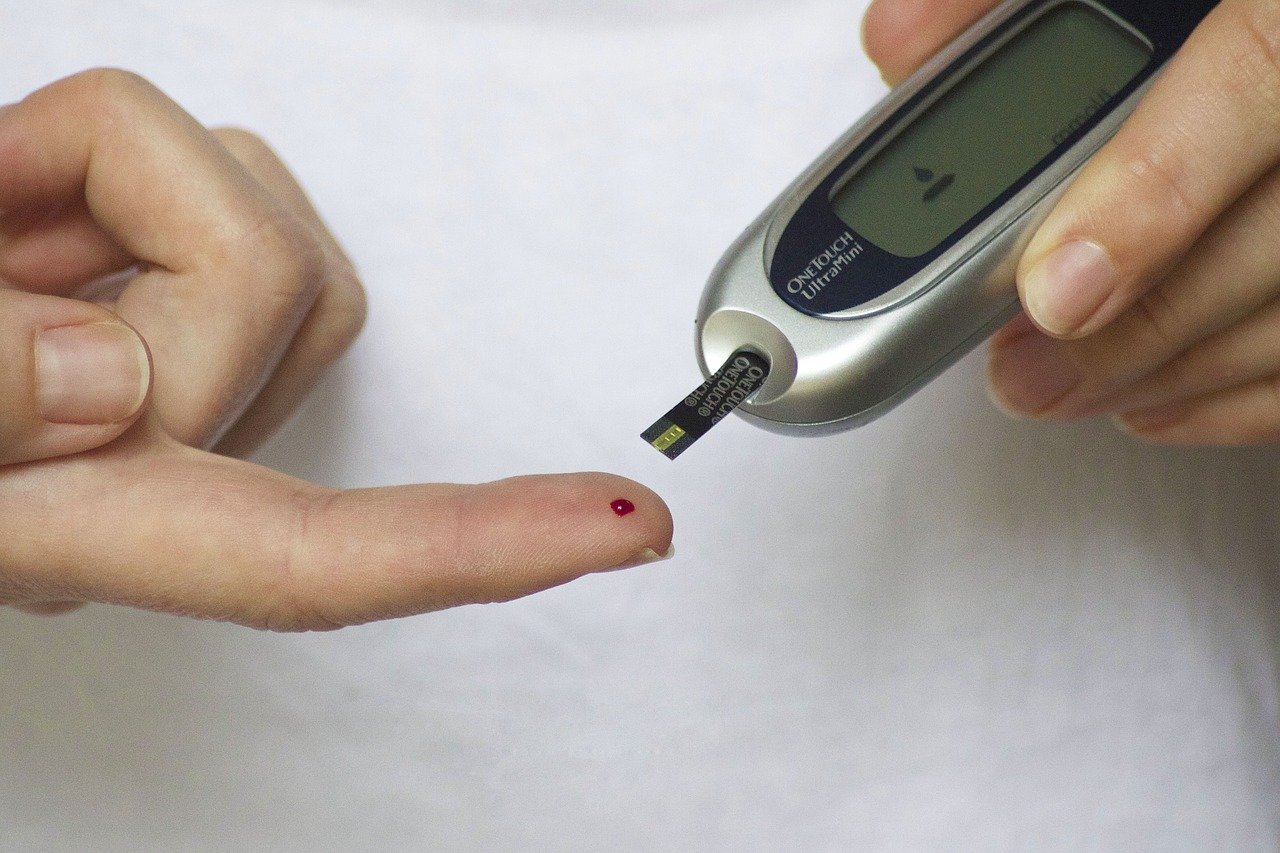A letter published in the New England Journal of Medicine and signed by an international group of 17 leading diabetes experts involved in the CoviDiab Registry project, has suggested that COVID-19 may actually trigger the onset of diabetes in healthy people.
CoviDiab Registry project, a collaborative international research initiative, aims to understand the extent and the characteristics of the manifestations of diabetes in patients with COVID-19, and the best strategies for the treatment and monitoring of affected patients, during and after the pandemic.
Paul Zimmet, professor of diabetes at Monash University in Melbourne, Australia, and a co-lead investigator in the project says: “We don’t yet know the magnitude of new-onset diabetes in COVID-19 and if it will persist or resolve after the infection, and if so, whether or not COVID-19 increases risk of future diabetes.
“By establishing this global registry, we are calling on the international medical community to rapidly share relevant clinical observations that can help answer these questions.”
Potential links between diabetes and COVID-19 infection
According to a study published in The Lancet, diabetes is a primary risk factor for the development of severe pneumonia and a septic course due to virus infections and occurs in around 20% of patients.
Diabetes was identified as a major contributor to disease severity and mortality in Middle East Respiratory Syndrome (MERS-CoV).
Evidence from epidemiological observations in regions heavily affected by SARS-CoV-2 and reports from the Centers for Disease Control and Prevention (CDC) and other national health centres and hospitals showed that the risk of a fatal outcome from COVID-19 is up to 50% higher in patients with diabetes than in those who do not have diabetes.
There are several hypotheses to explain the increased incidence and severity of COVID-19 infection in people with diabetes.
In general, people with all forms of diabetes are at increased risk of infection because of defects in innate immunity affecting phagocytosis, neutrophil chemotaxis, and cell-mediated immunity; however, the high frequency of diabetes in serious cases of COVID-19 could potentially reflect the higher prevalence of type 2 diabetes in older people.
Furthermore, diabetes in older age is associated with cardiovascular disease, which in itself could help to explain the association with fatal outcomes of COVID-19.
What should you do if you are diabetic
When it comes to infections, both diabetes type 1 and 2 can increase your risk of contraction. According to Current Diabetes Review, type 2 diabetes can “increase the incidence of infectious diseases and related co-morbidities,” although more research is needed. Diabetes type 1 also increases risks for morbidity and mortality, according to other studies.
For one, it’s thought that hyperglycemia (which occurs when you have high levels of sugar, or glucose, in the blood) in diabetics may be a cause of dysfunction of the immune response, which results in failure to control the spread of invading pathogens in diabetic subjects, making diabetics more susceptible to infections, according to a study published in Current Diabetes Review.
- Any infection is going to raise your glucose levels and increase your need for fluids, so make sure you can access a sufficient supply of water.
- Make sure you have a good supply of the diabetes medications you need. Think what you would need if you had to quarantine yourself for a few weeks.
- Make sure you have access to enough food.
- Make sure you will be able to correct the situation if your blood glucose drops suddenly.
- If you live alone, make sure someone you can rely on knows you have diabetes as you may require assistance if you get ill.
- Keep a regular schedule, avoiding overwork and having a good night’s sleep.











